Is being a Data Scientist your dream career option? Check out the complete step by step process on how to become a Data Scientist, Eligibility, Exams, Skills Required and Salary in 2024.
A Data Scientist is a professional who works with data to understand, analyze, and optimize it to help organizations make better decisions. The job outlook for Data Scientists is projected to grow at the fastest pace of 35% between the year 2022-2032. The average number of Data Scientist jobs per year is around 168,900 and the number has continued to grow exponentially in the past decade.
How To Become a Data Scientist? To become a data scientist in India, the candidate must earn a data science degree, be proficient in programming languages such as Python, R, SQL, etc, and master statistical concepts and techniques along with machine learning and data visualization, and stay up to date with the latest trends and technologies.
Data scientists are in high demand across various industries, making them one of the highest-paid professions in the world. The average Data Scientist salary in India ranges from INR 9-12 LPA and the salary range can go up to INR 20 LPA with 3-5 years of experience.
Table of Contents
- How to Become a Data Scientist in 6 Steps
- Who is a Data Scientist?
- What does a Data Scientist do?
- Skills Required to Become a Data Scientist
- Average Data Scientist Salary in India
- Data Scientist Vs Data Analyst
- Pros and Cons of Becoming a Data Scientist
How to Become a Data Scientist in 6 Steps
Becoming a data scientist requires a combination of education, technical skills, and soft skills. Below is the step-by-step guide on how to become a data scientist or to kickstart a career as a Data Scientist:
- Step 1: Get a Data Science Degree
- Step 2: Opt for Higher Education
- Step 3: Acquire Required Certification
- Step 4: Learn and Master the Relevant Skills
- Step 5: Look for Internships
- Step 6: Get into an Entry-level Data Scientist Role
Step 1: Get a Data Science Degree
The first step to getting into data science is to get a degree in relevant fields like Mathematics, Computer Science, and Analytics. This is one of the standard and basic requirements employers may look for before hiring a candidate for the data scientist role. Having a certification in data science could be an added advantage to getting your dream job in data science.
Listed below are some of the Data Science courses that can be pursued by students to become a data scientist:
|
Data Scientist Courses |
Entrance Exams |
Top Colleges |
|
JEE Main, JEE Advanced, WBJEE, BITSAT |
Sharda University, NMIMS University, Jagannath University |
|
|
CUET, SET, NPAT |
PSG College of Technology, Coimbatore Institute of Technology, Indian Institute of Technology Madras |
|
|
CUET, LPU NEST, GITAM GAT, UGAT, |
Sathyabama Institute of Science and Technology, Hindusthan College of Arts and Science, Jain University |
|
|
ACET, KL, CET |
Jain University, Parul University, Dr. M.G.R. Educational and Research Institute |
|
|
BS in Data Science and Engineering |
CUET, SET, NPAT |
IIT Madras, MIT World Peace University (MIT-WPU), Sandip University |
Read More: Data Science Courses After 12th
Step 2: Opt for Higher Education
Apart from the undergraduate programs, students can also opt for postgraduate studies or doctorate degrees to enhance their knowledge and understanding of Data Science as this will give them a competitive edge. Listed below are the postgraduate & doctoral courses that can be opted for by students to become a Data Scientist:
Post Graduate Courses
Postgraduate degree such as MSc Data Science, Master of Computer Applications, Master of Computer Science, etc helps students understand the concepts of data science. Listed below are some of the postgraduate programs that can be pursued by students to become Data Scientist:
|
Post Graduate Courses |
Entrance Exams |
|
NIMCET, CUET PG |
|
|
IPU CET, TISSNET, CUET PG |
|
|
JNUEE, DUET, IPU CET, OUCET, BITSAT |
|
|
GATE, JEE, UPSEE |
|
|
GATE, UPSEE |
Doctorate Courses
Candidates can also pursue a doctoral degree for better career progression and to gain in-depth knowledge and understanding of the concepts of Data Science. Listed below are the doctorate courses that can be taken by students to become a Data Scientist:
|
Doctorate Courses |
Top Colleges |
|
Delhi University, IIT Hyderabad, Christ University |
|
|
PhD Data Science |
IIT Madras, Indian Institute of Science, IISER Bhopal |
|
PhD Computer Application |
PSGCT Coimbatore, NIT Trichy, Chandigarh University. |
Also, Check: Top 10 Data Science Colleges in India
Step 3: Acquire Required Certification
Apart from the above-mentioned degree courses, students can also opt for certification courses available both online and offline in flexible learning modes to enhance their knowledge and learn new skills in data science. Listed below are the Data Science certifications students can opt for:
- Cloudera Certified Professional (CCP) Data Engineer.
- Amazon AWS Data Analytics Certification.
- Google Professional Data Engineer Certification.
- Data Science Council of America (DASCA) Senior Data Scientist (SDS)
- Open Certified Data Scientist (Open CDS)
- Microsoft Certified Azure Data Scientist Associate Certification
- Dell EMC Data Science Certification
- TensorFlow Developer Certification
Step 4: Learn and Master the Relevant Skills
Candidates aiming to become data scientists must have a strong knowledge of the programming language and tools used for analyzing and optimising a huge chunk of data. The most common tools data scientists use are MySQL, Python, R and SAS. Data Visualization plays a major role in organizing the data that has been collected and projecting it in a communicative format using dashboards and charts. Tableau, Power BI and Excel are the most commonly used tools and some tasks may also be automated using machine learning algorithms.
Soft Skills
Listed below are some of the soft skills that an aspirant should develop to become a successful Data Scientist:
- Critical Thinking: Data Scientists are expected to be excellent critical thinkers as it requires them to analyse the resources required and various perspectives to solve any complex problems.
- Time Management: Should be able to manage time effectively as the job role involves juggling between multiple tasks from analysing, predicting, interpreting and reporting big data files
- Intellectual Curiosity: Data Scientists are required to be curious about learning new advancements in the ever-changing industry by diving deep into the problems to find extraordinary outcomes
Hard Skills
Listed below are some of the hard skills that an aspirant should develop to become a successful Data Scientist:
- Machine Learning Skills: Should ace excellent machine learning skills as most of the work involves teaching computers how to use the sourced data with tools such as Tensor Flow, PyTorch, Catalyst, etc.
- Web Scraping: Must be able to source large sets of data from the internet for various analyses and data-driven decisions
- Data Visualization: Aspirants should demonstrate a strong understanding of data visualization tools and must be familiar with bar charts, histograms, and pie charts to build a report from the data.
Also, Read about Career As a Data Analyst
Step 5: Look for Internships
Applying for an Internship in roles related to data science such as software developer, front-end developer, backend developer, web designer etc can help candidates build a strong foundation for the career path. This can be a great starting point for a career in data science as this will help them to apply all the learnings in a professional setting.
Step 6: Get into an Entry-level Data Scientist Role
Data Scientists are in demand with the evolving technologies and the need for skilled professionals in the field. With continuous learning and skills, the candidate can build up their career in data science to senior-level positions such as Senior Statistical Data Analyst, senior data scientist, Full-Stack Developer, etc.
Listed below are some of the entry-level data scientist roles along with the salary details:(Source: AmbitionBox)
|
Entry-Level Data Scientist Jobs |
Average Salary |
|
Junior Developer |
INR 4,50,000 PA |
|
Data Analyst |
INR 3,67,000 PA |
|
Junior Data Scientist |
INR 4,80,000 PA |
|
Associate Data Scientist |
INR 3,50,000 PA |
Also, Check:
| Job Opportunites for B.Tech Data Science Graduates | Job Opportunites for B.Sc Data Science Graduates |
Who is a Data Scientist?
A Data Scientist is an analytical professional who works with large data to visualise, analyse, sort, organise and interpret to help organisations make better decisions in terms of business, product, finance, performance, user experience, etc.
Data Scientists are in demand with the ever-evolving technologies and the rise in several companies relying on data and data-driven decision-making. The job role of a data scientist involves both traditional and technical methodologies like working with advanced machine learning tools and technology with a touch of scientific principles.
What Does a Data Scientist Do?
Generally, data scientists analyse the problems and find accurate solutions using relevant data. For example, a data scientist can help an OTT platform understand the user's engagement and retention using data like when the content was paused, forwarded or reminded. Listed below are some of the roles and responsibilities of a data scientist:
- Should mine for data, structure and analyse them to bring better outcomes for the organization.
- Responsible for sourcing and managing the relevant data to run in the analytical tools.
- Should be able to create dashboards, pipelines and presentations to communicate the findings.
- Should be able to work with analytical tools and develop statistical models to predict trends and patterns.
- Responsible for managing huge files of unstructured data and optimising it.
- Developing prediction systems and machine learning algorithms
How Long Does it Take to Become a Data Scientist?
Typically, it takes around 4-5 years to land a Data Scientist role after completion of graduation and internship to hone their practical skills. Candidates can also complete online boot camps and courses for 6-12 months to become a Data Scientist and it depends on the job requirements and the skills showcased by the candidate. The time taken to become a Data Scientist is based on the learning and grasping abilities of the aspirants and their dedication to becoming a Data Scientist.
What are the Skills Required to Become a Data Scientist?
Undoubtedly, Technical skills are most important to become a successful data scientist. Apart from that, Data Scientists also need to have communication and interpersonal skills. Following are some of the key skills a data scientist should possess to thrive in the industry:
1. Programming Languages
A candidate should be well versed in programming languages like Javascript, PHP, Python, R, and MYSQL to sort, clean and analyse the data that has been sourced.
2. Statistics and Probability
To work with machine learning algorithms and to create AI models, a data scientist should have a strong understanding of statistics and Probability. They need to be able to use statistics to sort and project the unstructured data into more structured concepts. Following are some of the common statistical techniques used by data scientists:
- Probability Distributions
- Over and undersampling
- Bayesian and frequentist statistics
- Dimension reduction
3. Data Visualization
As a data scientist, the candidate should be able to visualize the data into charts and graphs to communicate the identified insights with the stakeholders and to bring better outcomes. Following are some of the tools that can be used for data visualization:
- Tableau
- Power BI
- Dundas BI
- JupyteR
- Zoho Reports
- Microsoft Excel
4. Data Wrangling
It is a process of cleaning up huge amounts of data and categorizing it into patterns and trends. As this can be time-consuming when working with large data sets, data scientists generally use data-wrangling tools to make the job easier. Some of the most common tools used by data scientists are:
- Open Refine
- Excel Power Query
- Altair
- Talend
- Alteryx
- Trifacta
- Tamr
Also, Check: List of Skill Development Courses
How to Crack a Data Scientist Interview?
Cracking an interview for the data scientist role means being ready for different rounds of technical and non-technical interviews. For any interview, keeping the resume and cover letter ready is most important and be prepared to be asked questions from what is written in your resume. Data Scientists are recruited by top companies such as Accenture, TCS, Amazon, Microsoft, etc.
Following are some of the most asked data scientist interview questions for the role of Data Scientist:
- How is logistic regression done?
- Explain the steps in making a decision tree.
- How can you avoid overfitting your model?
- What are the feature selection methods used to select the right variables?
- In your choice of language, write a program that prints the numbers ranging from one to 50.
- What are recommender systems?
| How to Introduce Yourself in an Interview | 5 Tips to Improve Self-Introduction |
Average Data Scientist Salary in India
The average Data Scientist salary in India ranges from INR 5-18 LPA based on the domain knowledge and skill set. Data scientists are employed under different designations like data analyst, data engineer, business analyst, business intelligence analyst etc. Tabulated below are the Data Scientist salary for various job roles in India:
|
Job Designation |
Average Salary |
|
Data Engineer |
INR 9.8 LPA |
|
Data Analyst |
INR 5.7 LPA |
|
Research Analyst |
INR 6.2 LPA |
|
Lead Data Scientist. |
INR 10.3 LPA |
|
Product Manager |
INR 18 LPA |
Also, Check:
| Salary of a BCA Data Science Graduate | Salary of a M.Sc Data Science Graduate |
Data Scientist Vs Data Analyst
The major difference between a data scientist and a data analyst is that they both work with data but in different ways. A Data Scientist works, source and analyse the data whereas a Data Analyst works with already existing data to interpret the findings and to generate reports.
Given below is the comparison between a Data Scientist and a Data Analyst based on various parameters:
|
Parameters |
Data Scientist |
Data Analyst |
|
Job Role |
Source, Manage and Optimise the data |
Work with structured and pre-existing data |
|
Programming Languages |
Python, Tableau, and Hive may even require to development of analytical tools to handle unstructured data |
Python,R, and SQL to solve tangible business problems |
|
Qualifications |
Must have a Master's or Doctorate in Data Science |
Must have a bachelor's degree in the field of Mathematics, Statistics or Computer science |
|
Software Tools |
Hadoop, MySQL, TensorFlow, Spark |
Tableau, MySQL, SAS, Jupyter Notebook |
|
Average Salary |
INR 5-18 LPA |
INR 6-12 LPA |
Read More on Data Science Vs Data Analytics
Pros and Cons of Becoming a Data Scientist
While many want to become a data scientist because of the career growth and attractive salary, it is important to weigh the pros and cons before deciding on a career in data science. Given below are some of the advantages and disadvantages of choosing Data Scientist as a career:
Pros of Becoming a Data Scientist
Listed below are the Pros of becoming a Data Scientist:
- Data scientists are currently in high demand and the job opportunities are vast
- It is considered one of the high-paying careers with excellent opportunities for career progression
- As the process automates most of the redundant data, the candidate need not work with boring tasks every day
Cons of Becoming a Data Scientist
Listed below are the Cons of becoming a Data Scientist:
- Dealing with data also includes data security and ethical issues with breaching client’s privacy
- The tools and technology used for data analytics and data science are highly expensive and organizations find it difficult to find the right tool for different types of data
- With its ever-changing technologies, candidates must adapt to new technologies and software now and then to stay in line with the current trends



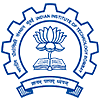


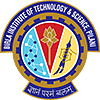



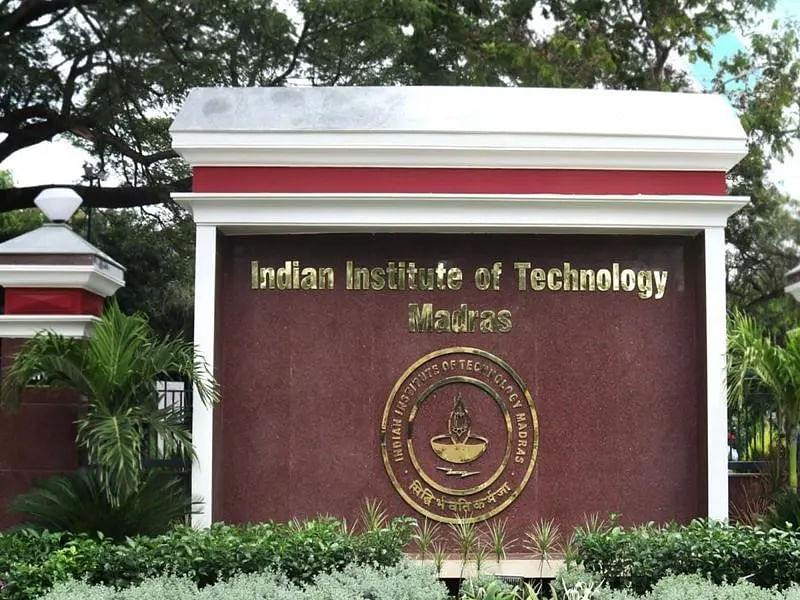



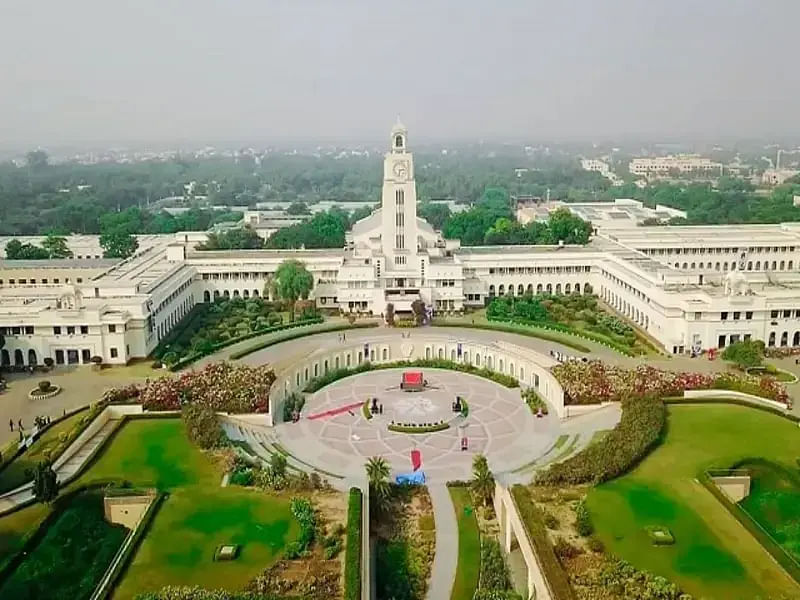








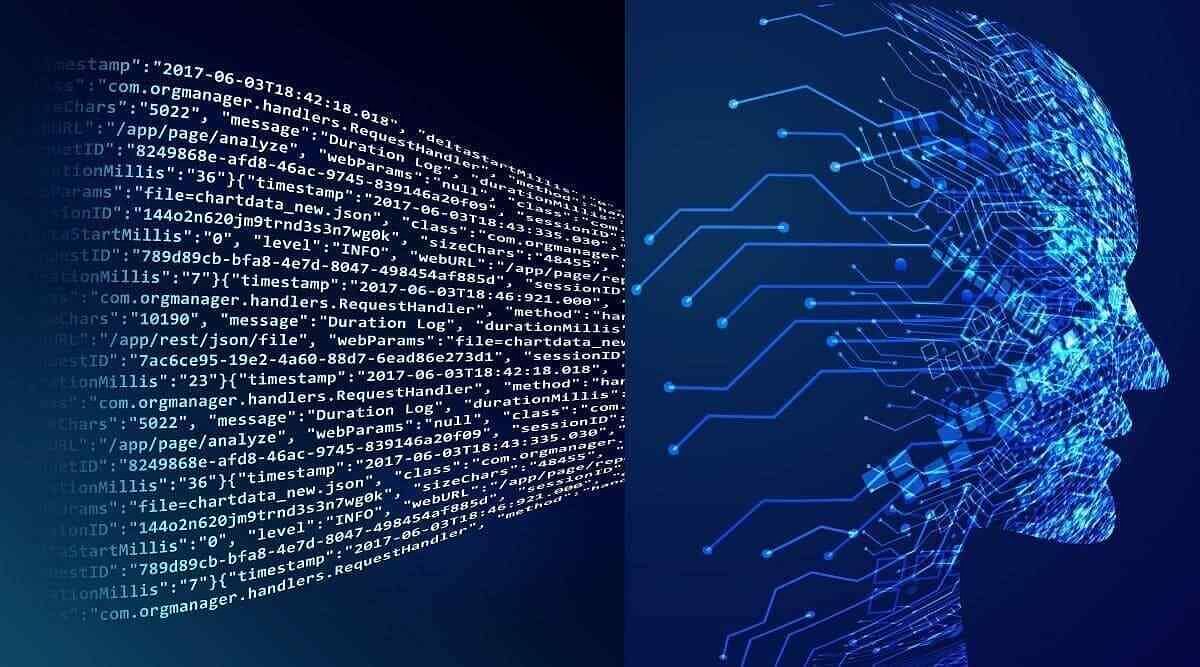


POST YOUR COMMENT